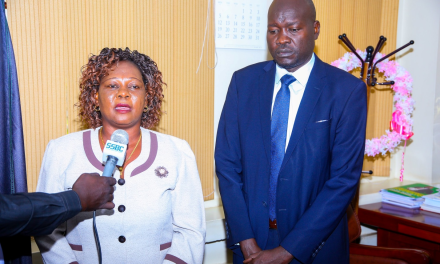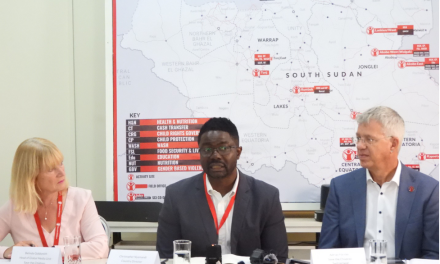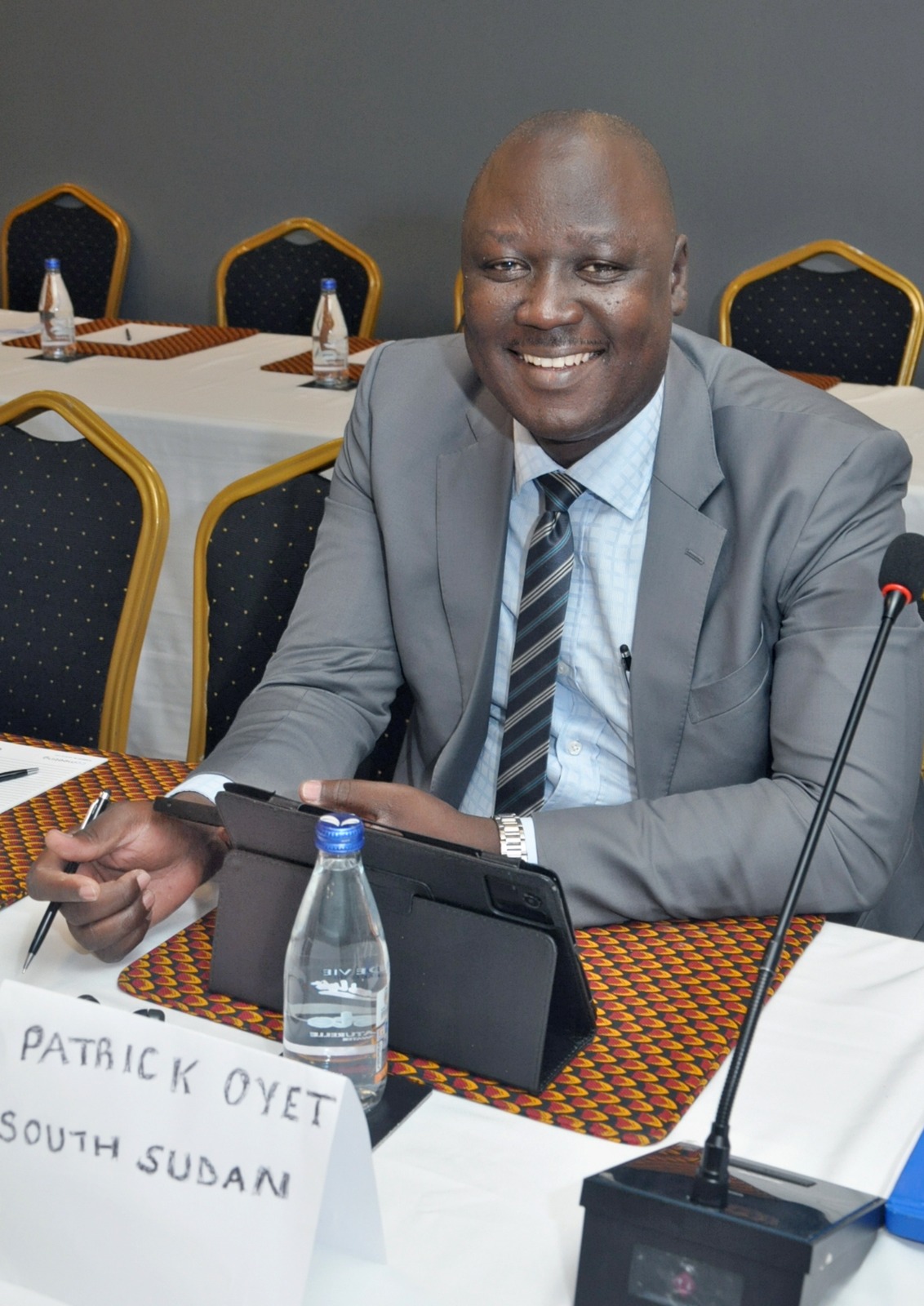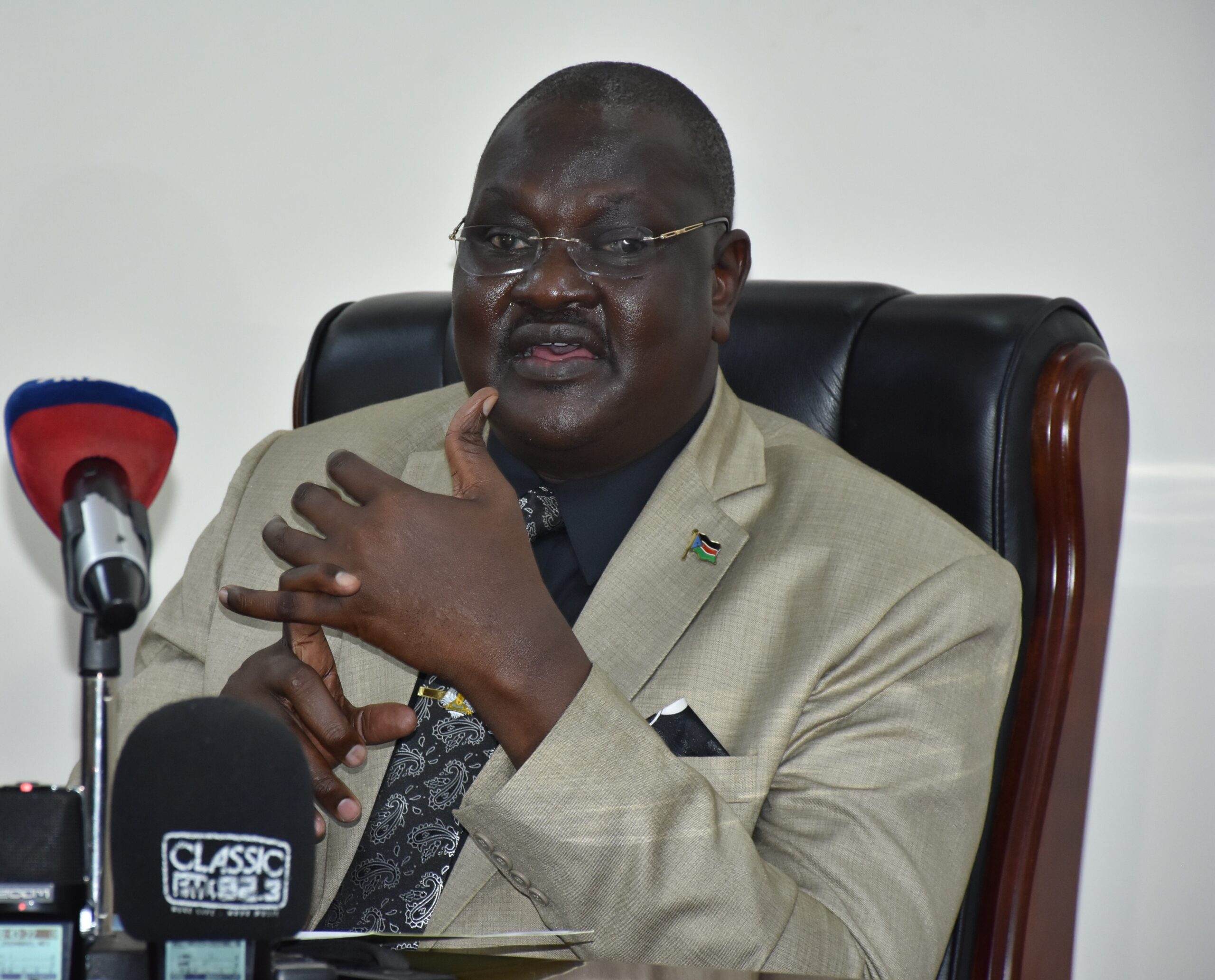
South Sudan set for opportunities at Kenya’s Lamu port
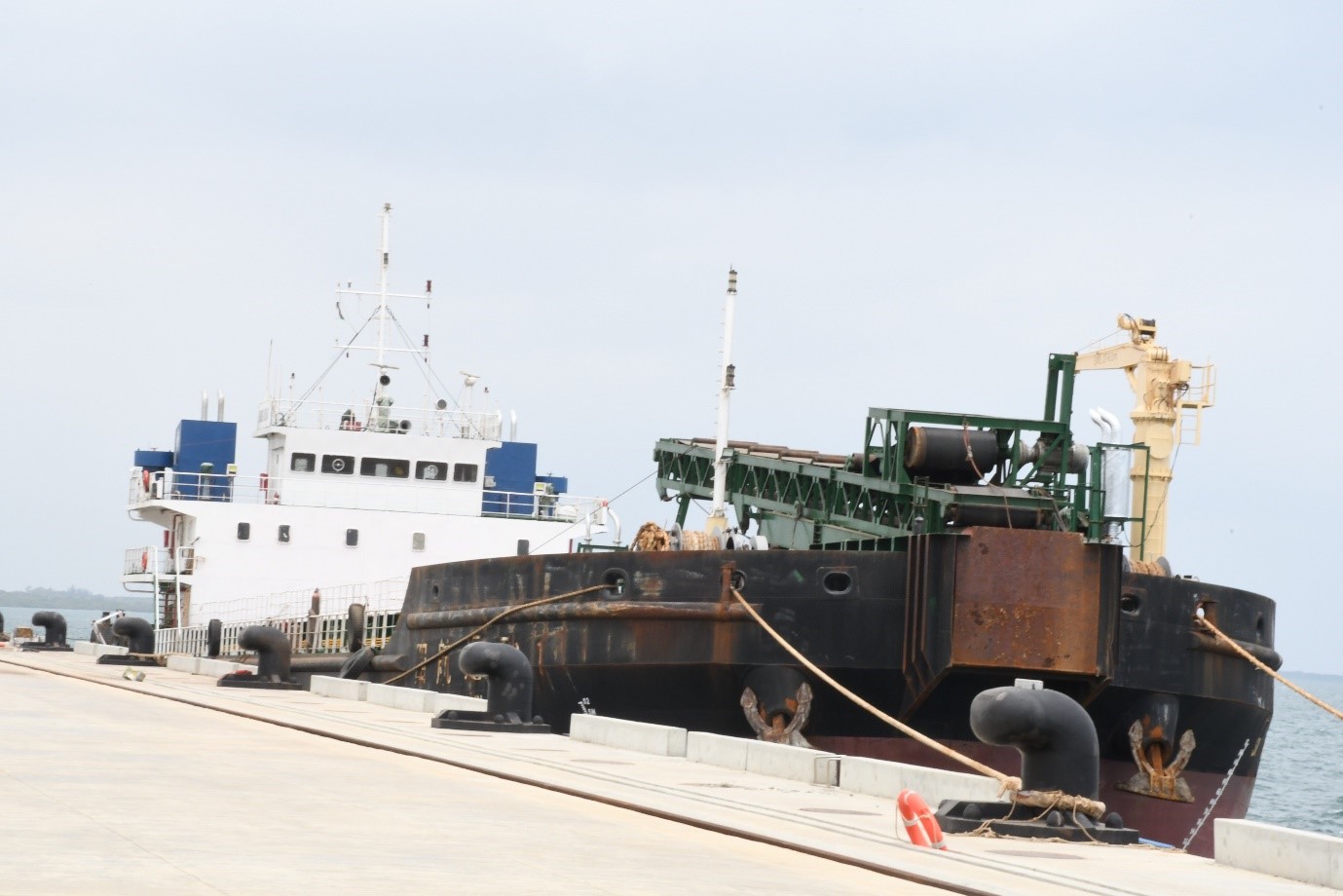
By Logonyi Denis
The Government of South Sudan is positioning itself to grab the opportunities offered by Kenya’s Lamu seaport, a component of the Lamu Port South Sudan – Ethiopia Transport (LAPSSET) Corridor Project.
This is an infrastructure project dedicated to interconnecting the East African countries of Kenya, Ethiopia and South Sudan.
South Sudan – oil rich nation is landlocked, and relies on the Mombasa seaport, also in Kenya to connect to the international market.
Although Mombasa seaport serves Juba adequately, transportation is said to be costly and is time consuming.
While the distance between Mombasa port to Juba via Uganda is 1,619 kms, that of Lamu port to Juba is 1,304 kms, with a five-hour drive from Nakodok, a town on the Kenya border to Juba.
Following the groundbreaking of the LAPSSET project in 2012, Kenya and Ethiopia have made steps in the realization of this project.
However, not much is seen from South Sudan.
Due to this the United Nations Economic Commission for Africa (UNECA), organized a visit of the South Sudanese officials to Lamu seaport, meant to acquaint the country on the progress of the project.
The South Sudan delegation was led by Eng. Lado Tangun Tombe the Director General for road transport and safety at the ministry of transport and bridges.
Eng. Tombe while at the port said the project will benefit South Sudanese by providing them with transport opportunity.
“Currently, South Sudan only uses Mombasa and having this opportunity aboard is opening South Sudan to the world,” he told South Sudanese journalist who had accompanied the delegation. “You only have to pass through one border, unlike Mombasa where you have to pass through a lot of borders for a long way and this is going to benefit the South Sudanese business people as an alternative port,” he added.
Mr. Daniel Osiemo, a consultant with UNECA said South Sudan being the youngest country, is set to enjoy a variety of benefits if she takes it upon herself to join the business at the port.
“We (UNECA) are ready to support the development of the corridor and countries should take up the governmental projects at home,” he said adding “We want our people generally to support and own this corridor.”
Kenya is 80 percent complete with the road network – one of the components of the project, according to Stephen Ikua the head of the LAPSSET Corridor Development Authority (LCDA).
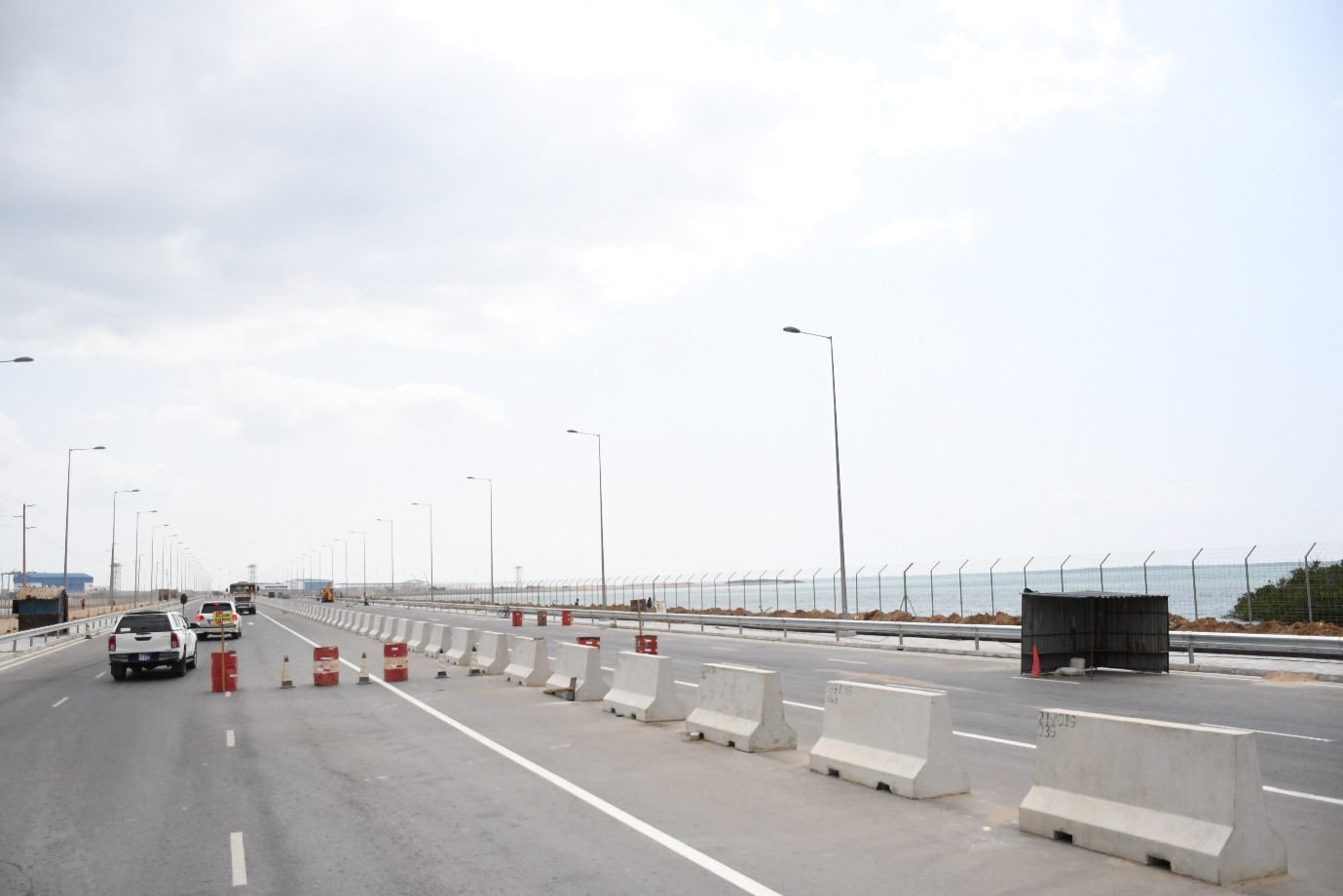
For the actualisation of this project, South Sudan has to work on its road network, particularly the Juba – Nadapal – Torit highway.
South Sudan President Salva Kiir Mayardit in 2019 allocated 30,000 barrels of oil daily for infrastructure development especially roads.
Juba – Nadapal – Torit highway is among the roads that are currently under construction.
Eng. Kur John, the project manager at Africa Resource Corporation (ARC) a South Sudanese construction company responsible for this road said 40 percent of the work is completed, but expressed worry over funding.
“The construction process is 40 percent complete, we are moving well, bush clearance and embankment are already done we are currently pouring marram. We expect to finish the project in the next two years if the cashflow is provided,” he said, noting “If the cash flow is limited it may take us three years.”
Another component of the LAPSSET corridor project is a railway line that will run from Lamu to Juba, a distance of 1,720 km (1,070 mi).
It will be capable of handling trains with speeds of up to 160 km/h (99 mph) for passenger trains, and perhaps 120 km/h (75 mph) for freight trains.
By 2030, the railway line is expected to handle 30 daily trains to Juba and 52 to Addis Ababa, Ethiopia.
The LCDA projected the cost of LAPSSET project at $29.24 billion.
Currently, there’s no common pool fund for the development of this project, but Mr. Osiemo says they are working towards realizing it, noting that it is one of the agendas in the next ministerial meeting that will take place in Juba this year.
As South Sudan plans to host this year’s ministerial meeting, Eng. Tombe has urged the government to expedite the process of building roads connecting to the country. “The project is already a reality and we should now hurry up to do our part to make this project operational to South Sudan. It’s not that we have not started, but to use it, we need to hurry up building roads leading to South Sudan,” he said.


